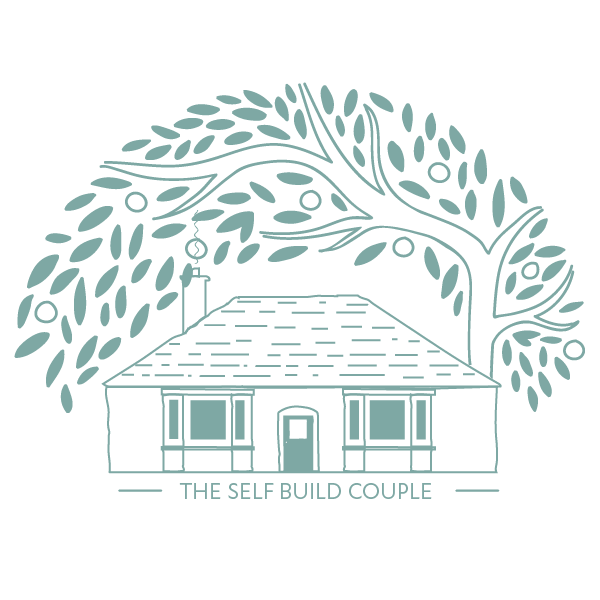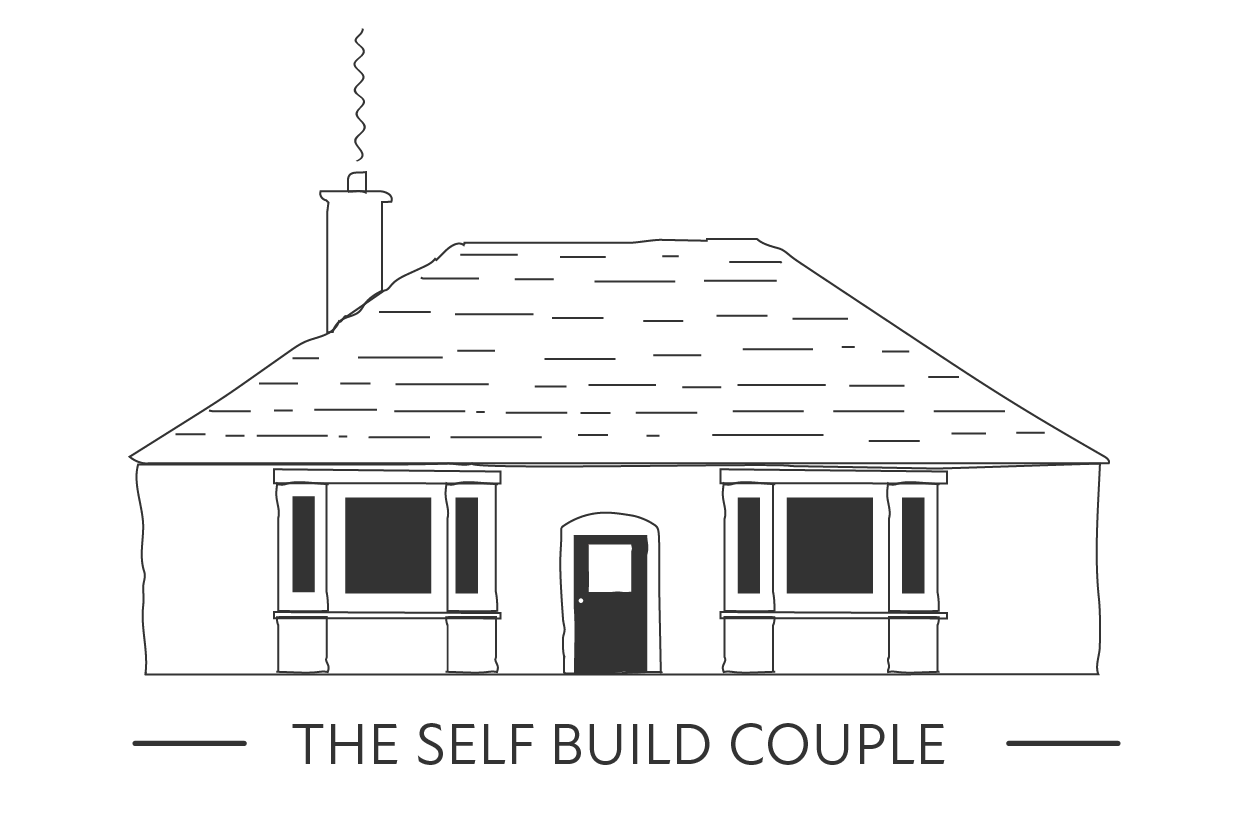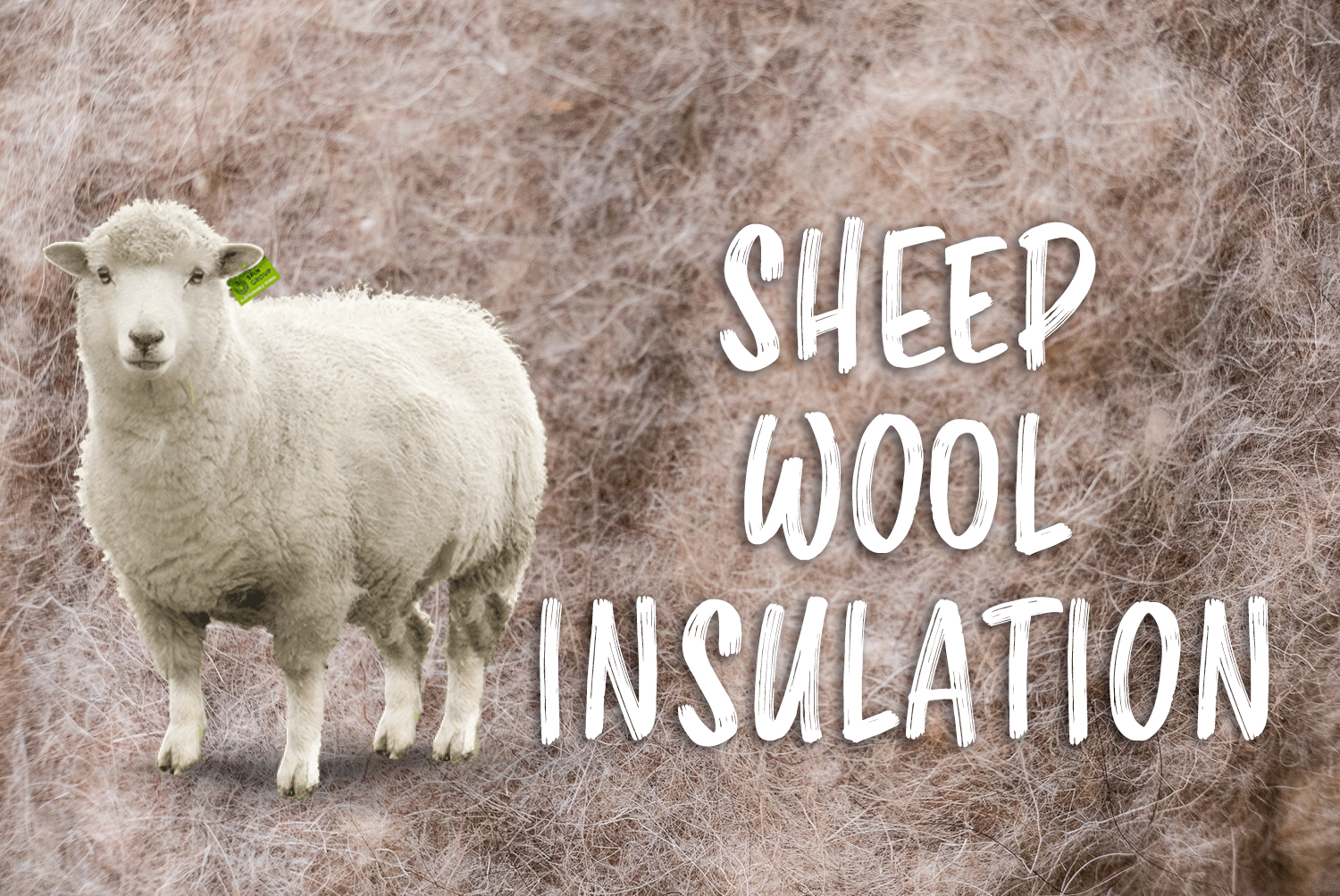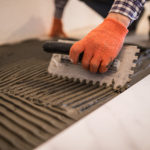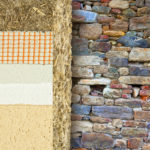Many people dream of building their own home but fear the cost and time it will take.
This article is for all those who are considering sheep wool insulation as an option.
Maybe you are seeking affordable, eco-friendly insulation for your new build?
Maybe you are seeking breathable insulation for your solid stone or brick walls?
Or maybe you want an eco-friendly way to insulate your camper van or garage.
Then sheep wool insulation could be the very thing for you.
But is the quality really up to scratch?
In this blog post, we’ll find out what makes sheep wool insulation so good and whether it’s right for your project.
What exactly is sheep wool insulation?
Sheep wool insulation is exactly what you think it is, insulation made from Sheep’s wool.
It is made using no toxic chemicals so it is of course very eco friendly.
Sheep wool insulation is a type of natural insulation that takes up less space because it is a dense, fluffy material.
It is used in situations where space is limited and can be installed in any situation.
But it is the cost of the material that will make or break some projects.
It must be installed properly with confidence and careful hands, but at a lower price than fibreglass has been known to still pay for itself over time.
You can use sheep wool insulation in all your projects from your attic, walls, camper vans, garages etc.
Sheep’s wool insulation has been used across Europe for centuries, and you can find a number of benefits from using it.
The sheep wool insulation was originally made from the fleece of Merino Sheep which could resist moisture as well as retain heat.
It was used by builders throughout the middle ages on purpose-built houses throughout Europe until affordable materials such as paper, cotton and wood became widely available.
Is sheep wool insulation expensive?
In comparison to insulation prices now No, Sheep wool insulation is not expensive.
But it depends on various factors like what country you live in.
I can’t tell exactly how expensive it is because its price fluctuates quite a bit as does all insulation.
To see how it stacks up here in Ireland in price compared to other insulations click here to read.
In the article I mention above, I have a price table near the bottom of the article with prices, at the time, for 11 breathable insulations.
Sheep’s wool insulation can last for over 50 years, so that means the cost of it over time will be minimal in comparison to other forms of insulation like foam and fibreglass which have a shorter lifespan.
Sheep’s Wool Insulation is often much cheaper than many alternative eco insulations such as hemp or even Lime insulation plaster.
Is sheep wool insulation safe?
Yes, sheep wool is a good and eco-friendly insulation material that is both thermal and fire-resistant.
Sheep’s wool does not contain any chemicals that can cause health problems which is a big pro in my opinion.
You can install sheep wool insulation with your bare hands and without a mask unlike many others such as Rockwool etc.
Sheep’s Wool provides very good resistance to water absorption which results in no mould or mildew forming within a home and it also doesn’t rot, fade, peel or become brittle over time.
It’s hypoallergenic, doesn’t have any chemicals or off-gassing smells (important if you’re sensitive), easy to install yourself with little effort required.
You’ll also save money on heating bills because sheep wool is energy efficient!
Is sheep wool a good insulator?
Yes, Sheep wool is an excellent thermal insulator as it has the ability to maintain warmth without cold spots.
Depending on the thickness you buy Sheep’s Wool Insulation can have a thermal conductivity of about 0.035 W/mK which is extremely good for a natural insulator.
It also prevents heat from escaping through walls in the winter and keeps rooms cool in the summer which is another bonus as it regulates the heat.
These materials do not produce toxic fumes like fibreglass does when burned.
Another benefit to sheep’s wool is that its water absorption properties are quite impressive.
There is actually quite a bit of science talk involved so I’ll keep it simple.
It has unique properties that allow it to absorb moisture and generate heat.
It manages to provide very good resistance to water absorption which results in no mould or mildew forming within a home.
Its density allows a very small weight with zero moisture absorption.
It also doesn’t decay over time and can remain effective forever as long as the support structure does not rot or decay.
Sheep’s Wool Insulation also prevents heat from escaping through walls in the winter and keeps rooms cool in the summer.
This is also why it is an excellent thermal insulator as it has the ability to maintain warmth without cold spots.
Can sheep wool insulation be used on solid Stone or Brick walls?
Absolutely Yes.
This was my initial reason to research sheep’s wool was to figure out if it could be used on my stone house.
It is breathable so that it protects against condensation while allowing moist air to escape easily before reaching critical levels within walls of a home that leads to mould growth on the surface of walls, ceilings and floor.
How do you install sheep wool insulation?
Sheep’s Wool installation is relatively easy for anyone to install and it does not require any gloves or masks.
Sheep’s wool can be installed loose in walls of existing homes, attics or new builds.
Installation in walls is the most complicated procedure but is still relatively easy.
It can be completed with drywall screws into wooden studs in a wall cavity or by drilling holes on either side of the studs and installing wood batts behind the drywall before it is attached to the wall with nails.
It can also be blown into wall cavities with an air compressor through special equipment that is designed for this.
It is simple to tear and easy to work with.
Check out this video on how easy it is to install.
Conclusion
So I suppose the final question is would I use it in my own home?
The answer is YES. I will be using it in my attic space at home to insulate rather than walls.
My pros and cons of using sheep wool in your home.
Pros:
- Insulation is mess and hassle-free.
- Treatment is fire, pest (mould, termite) and water.
- It’s a great source for insulation because it will adsorb air when heated or cooled to maintain a constant temperature.
- It can last up to 20 years with no maintenance needed as long as there are no holes in the sheathing of your house etc.
- Eco Friendly
Cons:
- Can be slightly more costly
- It can be slightly floppy and sag over time inside your stud wall if not installed tightly and correctly.
So there you have it.
We hope that this post has provided some valuable insight into the ins and outs of what makes up one of nature’s most sustainable forms of insulation.
